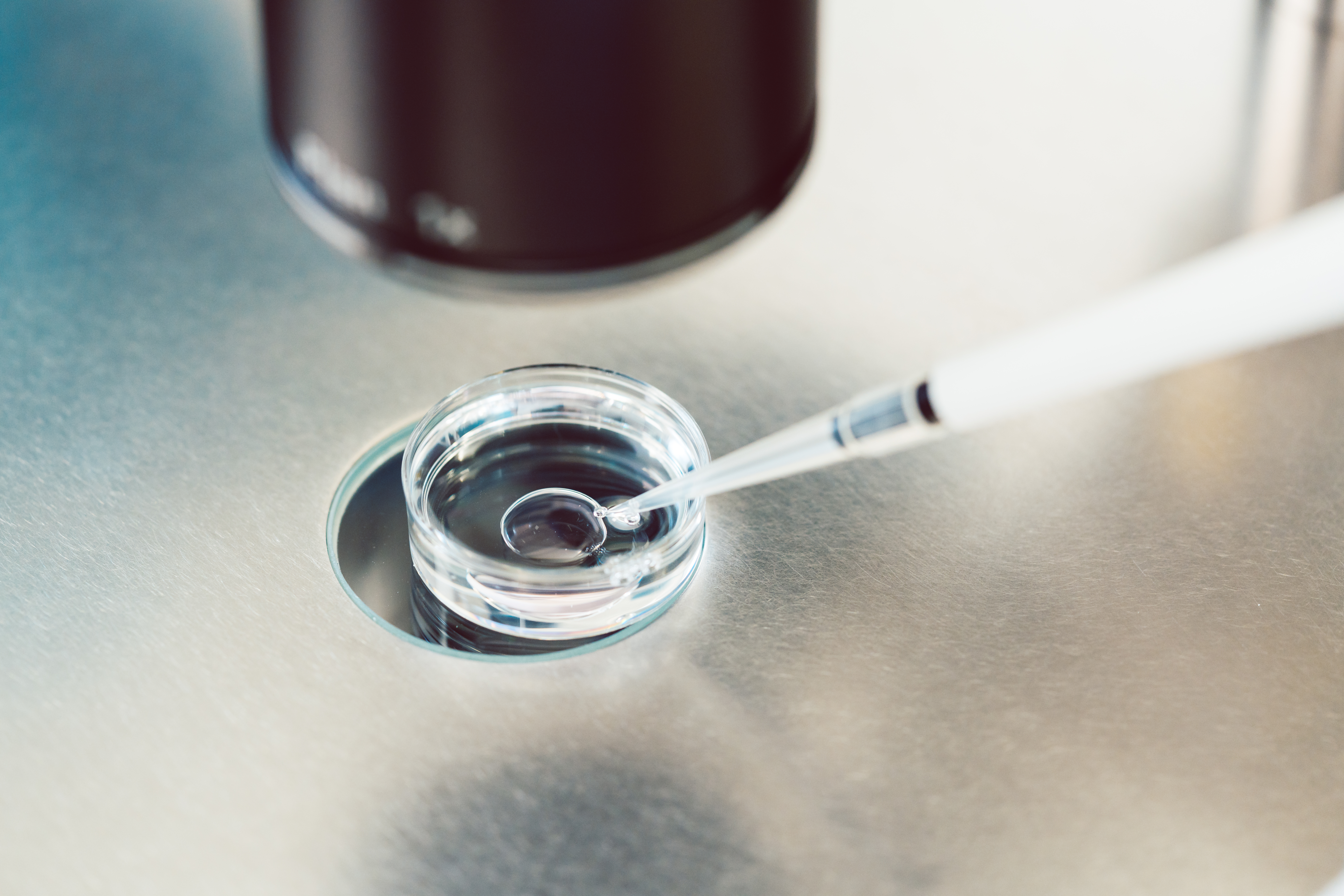Study Reveals Public Opinion on Polygenic Embryo Screening for IVF
By Stephanie Dutchen,
Harvard Medical School
| 05. 14. 2024
At a glance:
Survey reveals nearly three-quarters of U.S. adults support using emerging technology to screen embryos during IVF for likelihood of developing certain health conditions or traits that arise from more than one gene.
Only about one-third of respondents approved of using the technology to predict traits unrelated to disease.
Nearly all expressed concerns about potential negative outcomes for individuals or society.
Findings underscore need for public education about benefits, limitations, ethical hazards of polygenic risk scores for embryos.
Three out of four adults in the U.S. support the use of emerging technologies that estimate a future child’s likelihood of developing certain health conditions influenced by multiple genes — such as diabetes, heart disease, and depression — before an embryo is implanted during in vitro fertilization (IVF), according to a new public opinion survey led by researchers at Harvard Medical School.
Results of the survey, published May 14 in JAMA Network Open, underscore the need for public education and conversation about the potential positive and negative implications of these ethically fraught technologies, the researchers said.
Although the approach...
Related Articles
By Diaa Hadid and Shweta Desai, NPR | 01.29.2026
MUMBRA, India — The afternoon sun shines on the woman in a commuter-town café, highlighting her almond-shaped eyes and pale skin, a look often sought after by couples who need an egg to have a baby.
"I have good eggs,"...
By George Janes, BioNews | 01.12.2026
A heart attack patient has become the first person to be treated in a clinical trial of an experimental gene therapy, which aims to strengthen blood vessels after coronary bypass surgery.
Coronary artery bypass surgery is performed to treat...
By Staff, ScienceDaily | 01.05.2026
Scientists at UNSW Sydney have developed a new form of CRISPR technology that could make gene therapy safer while also resolving a decades-long debate about how genes are switched off. The research shows that small chemical markers attached to DNA
...
Following a long-standing CGS tradition, we present a selection of our favorite Biopolitical Times posts of the past year.
In 2025, we published up to four posts every month, written by 12 authors (staff, consultants and allies), some in collaboration and one simply credited to CGS.
These titles are presented in chronological order, except for three In Memoriam notices, which follow. Many more posts that are worth your time can be found in the archive. Scroll down and “VIEW...




